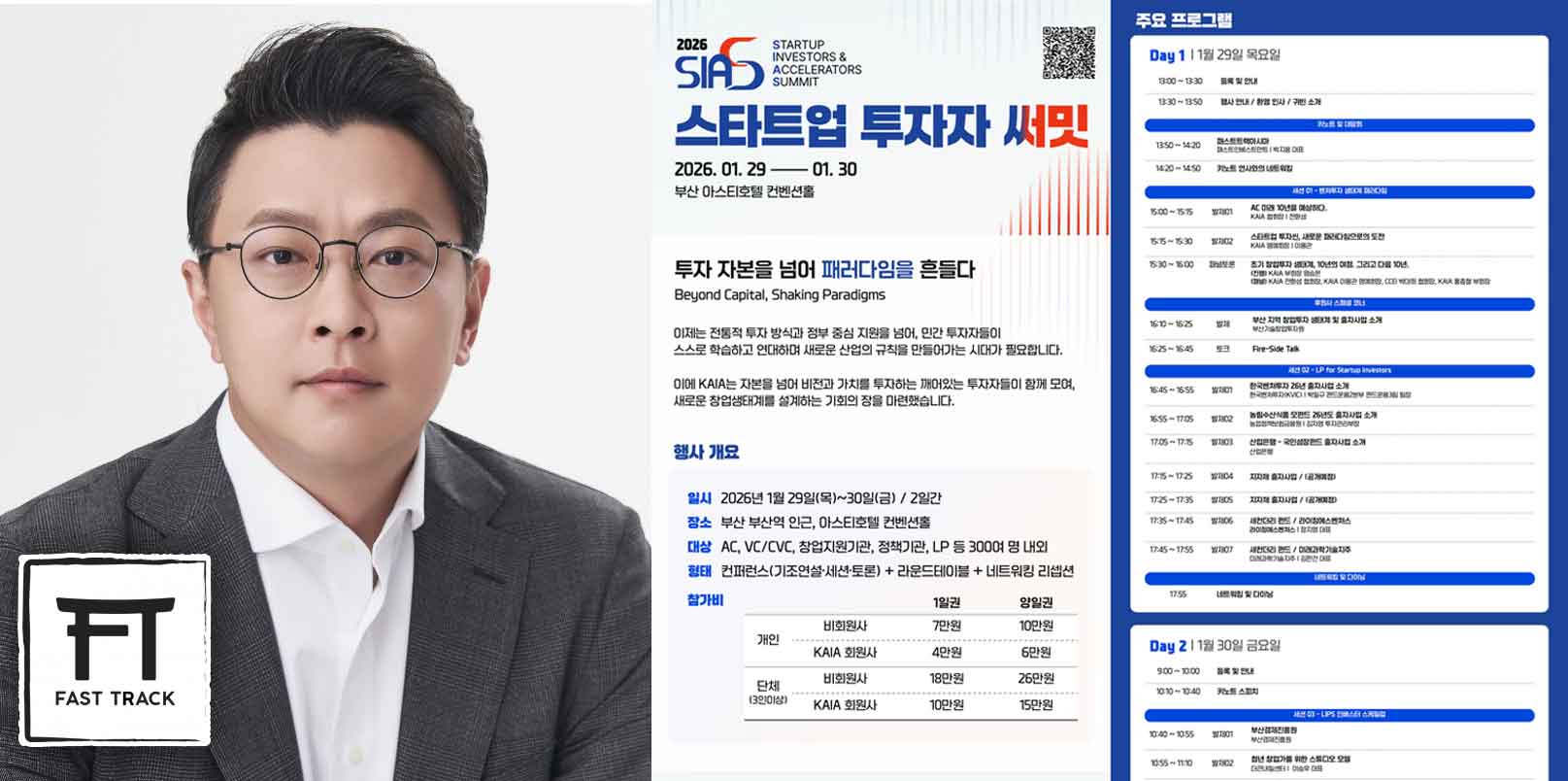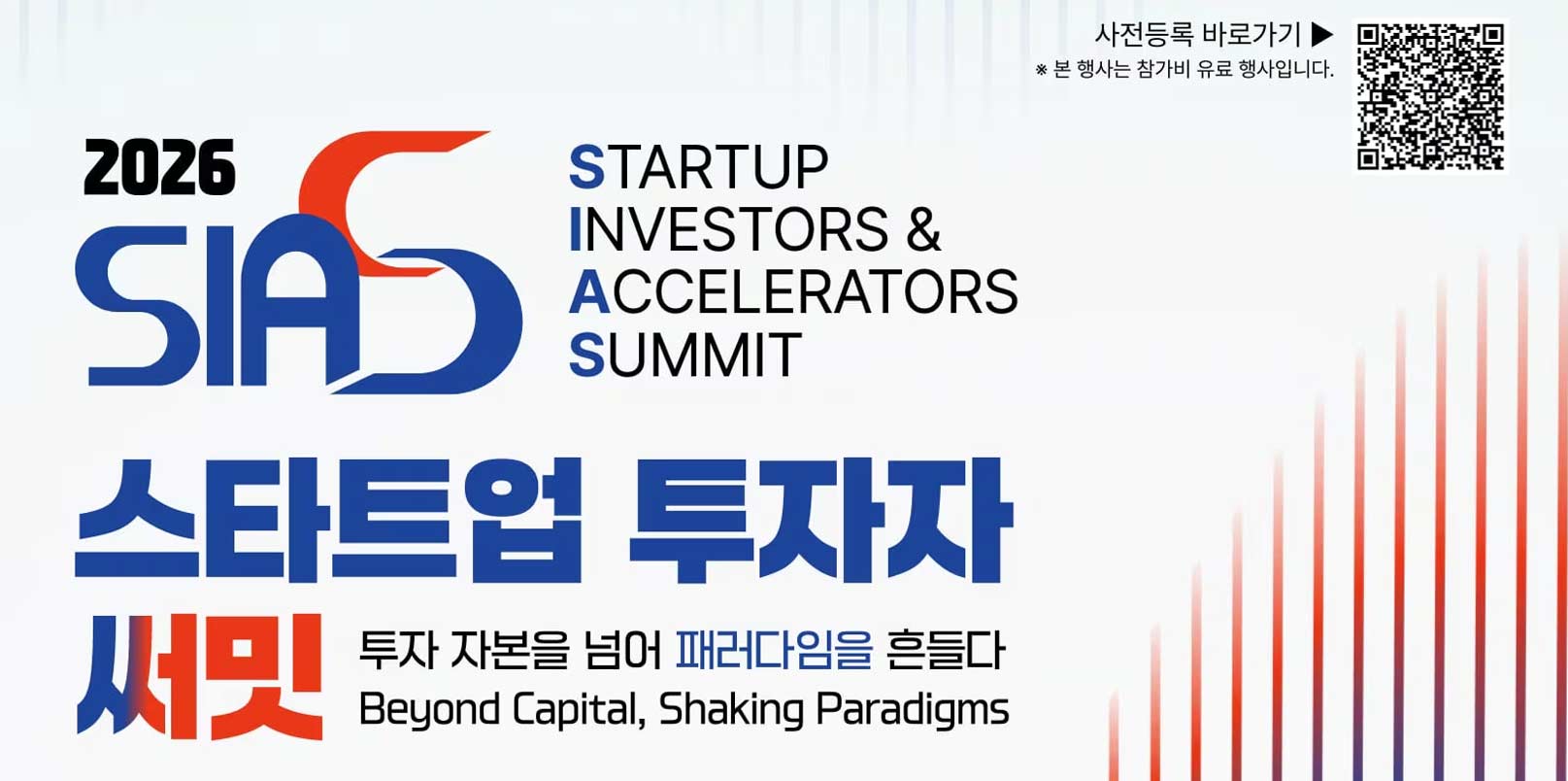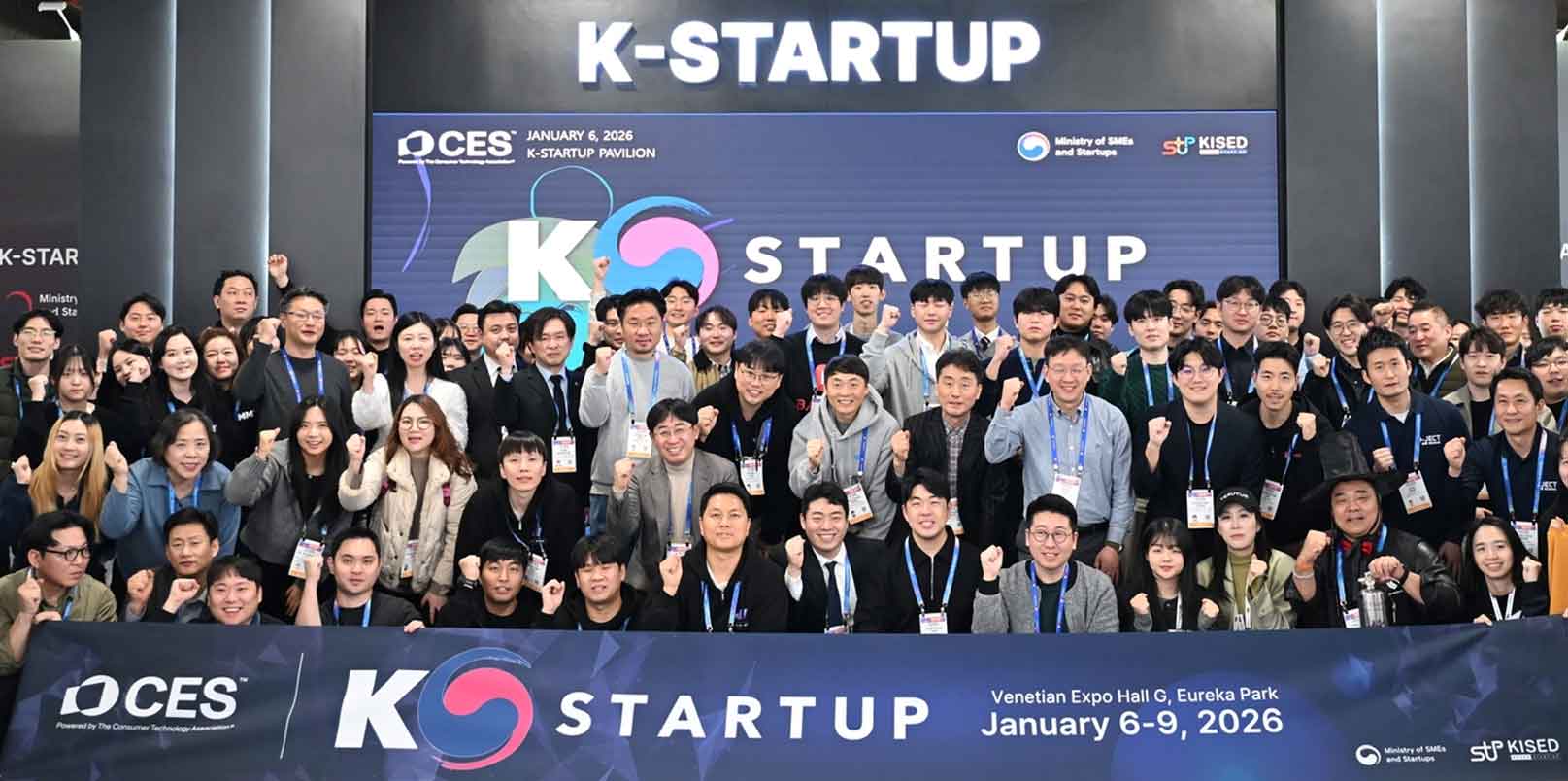Virtual production is accelerating a structural shift in how content is financed, produced, and distributed. Once limited to high-budget studios, it is now emerging as a practical and strategic tool for productions seeking efficiency, creative control, and lower carbon impact. At KOCCA Content Insight 2025 in Seoul (Content INS!GHT), Orbital Studios’ A.J. Wedding highlighted why this transformation matters. And his session reveals how virtual production may reshape the creative economy in Korea and beyond.
Technology-Driven Creativity Takes Center Stage at KOCCA Content Insight 2025
Hosted by the Korea Creative Content Agency (KOCCA) and the Ministry of Culture, Sports and Tourism (MCST), the 2025 Content Insight (Content INS!GHT) forum in Seoul gathered global innovators to explore how IP and technology are rewriting the structure of the content industry.
Among the standout sessions was the keynote by A.J. Wedding, Founder and CEO of Orbital Studios. Titled “Virtual Production for Everyone: The Future of Content Creation Transformed by AI and Real-Time Production Technologies,” Wedding delivered an insightful exploration into the evolution of virtual production and its potential to democratize creative work.

Wedding, a Hollywood-based pioneer bridging film, technology, and AI, began with a refreshing joke on his name, how everyone seems to think he was a wedding videographer due to the name, “wedding”. He then opened the session by recalling how his studio was born in a garage with a single LED panel. Five years later, Orbital Studios now operates multiple stages across a 40,000-square-foot facility in Los Angeles—servicing productions worldwide.
His story illustrated how innovation in content creation no longer depends on scale, but on imagination, problem-solving, and accessibility.
Virtual Production: A Global Shift in How Stories Are Made
Virtual production, as Wedding explained, has been reshaping the filmmaking ecosystem. What once required large production teams and physical locations can now be achieved through real-time rendering and LED volume technology, allowing filmmakers to control every element—from lighting to environment—in a single space.
The implications reach far beyond Hollywood. Productions that adopt virtual stages experience significant savings in both budget and carbon footprint. Wedding also cited an example where an FX television series had successfully saved over USD 500,000 while reducing its environmental impact by nearly 100 percent.
At 2025 KOCCA Content Insight, A.J. Wedding then brought new revelation to the creative industry: that virtual production has now become the industry’s revolution to sustainability and a tangible path to complete efficiency.
Thanks to its innovative tech, virtual production allows directors, producers, and designers to collaborate in transparent, circular workflows, helping them move away from traditional “black box” VFX pipelines where creativity was often disconnected from real-time production decisions,
“By keeping a real-time version of the virtual art department, creators can step in at any moment and refine their vision. It makes production far more efficient and allows creative teams to keep making decisions instead of being cut off halfway through the process.”
Redefining the Creative Pipeline with AI and Real-Time Collaboration
Another defining theme from Wedding’s session at 2025 KOCCA Content Insight was his strong declaration that AI is transforming—not replacing—human creativity.
He shared how Orbital Studios integrates tools like Comfy UI and custom-trained AI models (LORAs) to speed up previsualization, art design, and storyboarding. These tools, he noted, help artists express ideas more efficiently without sacrificing originality.
A.J. Wedding brought a powerful statement during his 2025 KOCCA Content Insight session.
“AI is an aggregator and an average-maker. It doesn’t take away creativity—it amplifies it when you control how it’s used.”
Wedding showcased case studies where artists and actors used AI-assisted visualization to design and pitch projects more effectively, including actor and filmmaker Laura Coover’s AI-generated storyboards for an upcoming short film.
The approach, he emphasized, helped creators overcome the fear of AI by turning it into a tool for visual thinking and storytelling empowerment:
“People say it’s over for artists.
But when I see what a real artist can create with AI generation tools compared with what non-artists produce, the outcome is completely different.
Because once you put these tools in the hands of an artist, you realize they’re simply that — tools.”
“Powered by Orbital”: Building a Global Creative Network
Beyond technology, Wedding announced Orbital Studios’ global partnership initiative, “Powered by Orbital,” aimed at training and equipping partner studios around the world to operate their own virtual production systems.
The company’s first collaboration with United Illusions Studio in Budapest marks a model for future international expansion. Through shared pipelines, remote support, and training programs, Orbital provides smaller studios access to expertise and automation systems that typically require large technical teams.
Now, South Korea has been a country actively investing in immersive media, smart content infrastructure, and AI-integrated storytelling. That is why this framework offers an important lesson for the country’s evolving industry.
It demonstrates how cross-border collaboration and standardization can build a globally connected virtual production ecosystem, something that aligns with KOCCA’s mission to position Korea as a leader in creative technology exchange.
Solving the Next Frontier: Photorealistic Worlds and Green Production
Wedding also discussed the rise of Gaussian Splats and Neural Radiance Fields (NeRFs)—technologies capable of generating photorealistic 3D environments in minutes. These advancements, he noted, will further reduce the cost and complexity of location-based filming, opening opportunities for studios with limited physical resources.

His team recently tested this technology during production for a Netflix series titled “Nemesis,” where they recreated downtown Los Angeles using digital scans, enabling faster shooting with lower disruption and cost.
As real-time rendering performance improves, Wedding predicted that virtual environments will soon become indistinguishable from real ones. This technology will eventually accelerate the adoption of smart, sustainable production methods across global markets.
AI-Powered Virtual Production: A Competitive Advantage for Korea’s Creative-Tech Future
Now, as South Korea is pursuing its ambition to lead in AI-driven creative industries and low-carbon production ecosystems, Wedding’s vision for accessible, intelligent production tools aligns with the country’s investment in smart studios, metaverse storytelling, and content export innovation.
Not only that but this perspective also resonates with those shaping Korea’s creative-tech landscape. It signals a growing opportunity in virtual production systems, AI-driven design processes, and real-time rendering technology.
After all, South Korea’s deep experience in gaming engines, digital art, and advanced computing gives it a strong foundation to lead in these emerging creative industries.
A Challenge to the Industry from A.J. Wedding
At the end of his 2025 KOCCA Insight session, A.J. Wedding concluded with a message that transcended technology:
“If you believe in something, don’t let anyone talk you out of it.
Every big idea starts small—but solving one problem at a time can change how stories are told forever.”
His journey from a home garage to a globally recognized studio captures the essence of the 2025 KOCCA Content Insight theme—“The New Grammar of the Content Industry: IP × Technology.”
It is a reminder that the future of storytelling belongs to those who merge imagination with innovation.

🤝 Looking to connect with verified Korean companies building globally?
Explore curated company profiles and request direct introductions through beSUCCESS Connect.
– Stay Ahead in Korea’s Startup Scene –
Get real-time insights, funding updates, and policy shifts shaping Korea’s innovation ecosystem.
➡️ Follow KoreaTechDesk on LinkedIn, X (Twitter), Threads, Bluesky, Telegram, Facebook, and WhatsApp Channel.






